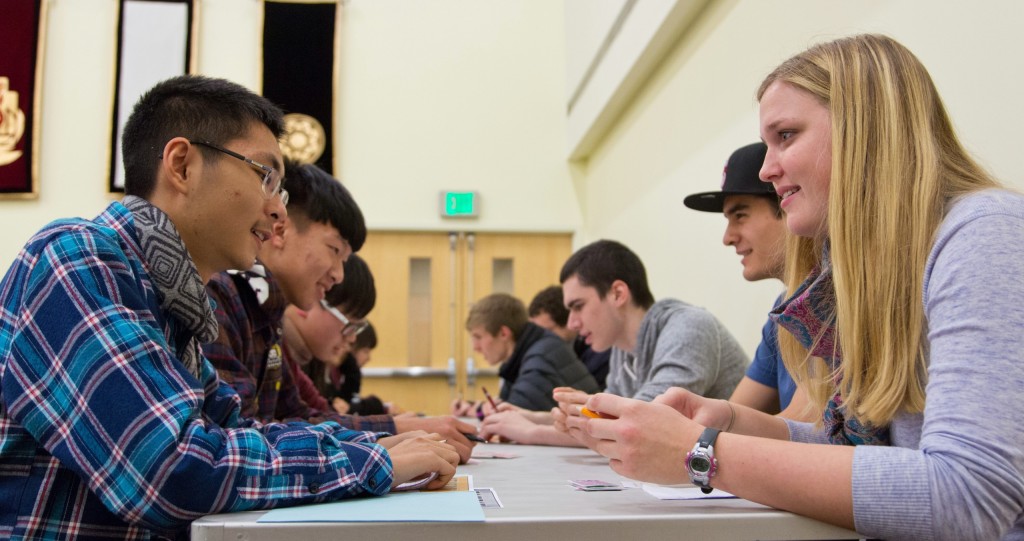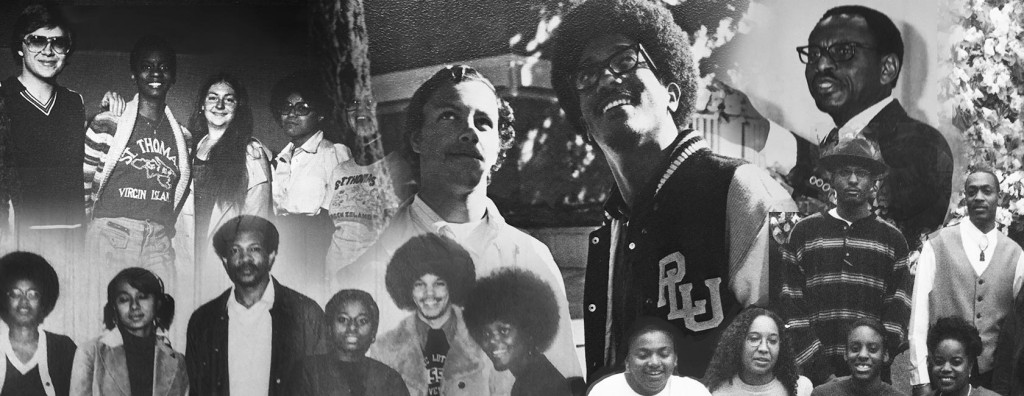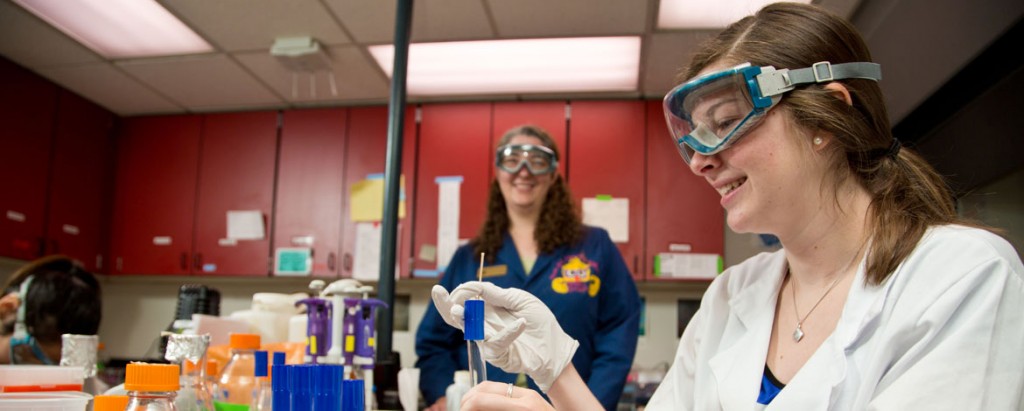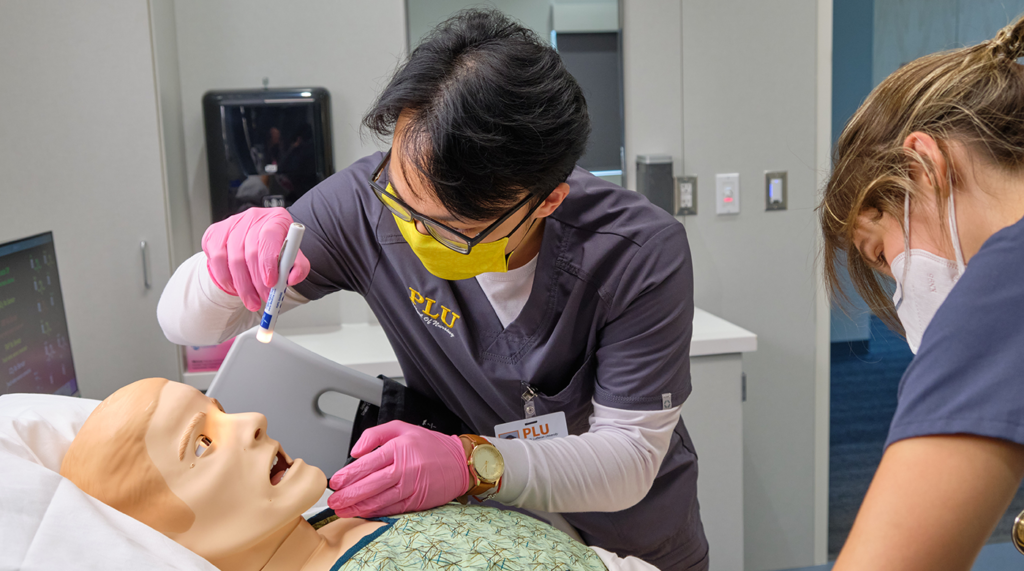Page 23 • (331 results in 0.06 seconds)
-

giant universities lacks the critical-thinking skills and interpersonal savvy offered at PLU—a more-integrative experience exhibited, in part, by the speed-dating exercise. It seems to have paid off. “Both the Chinese and the PLU students told me afterward they thought it was really fun,” Meyer said, and the visitors’ director of teacher recruitment and program coordinator said they enjoyed the PLU activity more than the lecture they heard at a much larger university. Read Previous Lute Plays Piano
-

women/Black femininity, racism, rage, and identity politics within the album itself and through its consumption. FEB 16 Black Male Barbershop TalkPflueger Hall 2nd Floor Study Lounge – 6pm The Barbershop in the Black community is known as a space and place of laughter, fun, community, discussing everything from religion, to sports, and most importantly issues facing the Black community. Come join us for an opportunity to discuss critical issues of success and support for Black males on PLU’s campus
-

. Lewis says she hopes the event will alert first-years and sophomores to future possibilities for student-faculty work across disciplines. Lewis says emphasizing students’ working relationship with faculty members helps students become entrenched in their studies. Through student-faculty research, students incorporate their own experiences with academia in a way that Lewis says improves critical thinking, writing and understanding of students’ subjects of interest. “I hope it helps you think about
-

North King County and Snohomish County area, offering classes and training in the same community that we anticipate many program graduates will go on to serve.” Guided by the School of Nursing’s principles to deliver safe, effective, family-centered, and community-based care, the program will combine comprehensive online instruction with immersive simulation experiences to help students hone their clinical and critical thinking skills. Students will also apply their expertise during clinical
-

critical work into what they called a “special edition of The Journal of Frankenstein Studies,” complete with illustrations, book reviews, and responses. Other faculty engaged the wider community outside the classroom. For example, Associate Professor of English Rona Kaufman, her husband, and their daughter Juniper built community in their neighborhood. Juniper had the idea to share eggs laid by the family’s chickens with neighbors, and started leaving them on a stand at the end of the driveway
-
creative work, another for her scholarship and teaching. Even then I knew, of course, that the scholarly and the creative were false categories. A poem was as much the result of a poet’s deep critical study of poetry as it was the result of inspiration. In the same way, the best scholarship that I read at the time— Richard Poirier on Robert Frost, Helen Vendler on Wallace Stevens, and Carson herself on Paul Celan—had a dazzling creativity of insight that made scholarly writing as artful as the works
-

, research, and theory, while DNP graduates serve as leaders in the health profession and implement the best, most recent research into the practice of nursing to improve health outcomes. According to the American Association of Colleges of Nursing (AACN), a majority of nursing schools are advocating for the DNP degree to be required for all nurses who are interested in taking on one of the four APRN roles. Increasingly, nurses who want to lead or teach across the profession are choosing to pursue
-

settings. Conversely, a PhD prepares nurses not for patient care, but for academic research and theory. Nurses with a DNP have the highest possible degree for clinical nursing. Nurses with a DNP are eligible for all leadership roles and ARNP certifications as well as for roles in research, administration and policy. In some states, a DNP qualifies you for unrestricted practice autonomy as a nurse practitioner.If you’re a nurse who is looking to secure a graduate nursing degree that will prepare you to
-
lot of time thinking about creativity, and that too is an outgrowth of all these crazy pieces of my life.” With a chuckle he adds, “I would still hop a freight train, but my wife has forbidden me to do that anymore.” Profile Areas of expertise Classical music composition Classical music history and theory World music traditions (Chinese, Irish, and Trinidadian in particular) Chinese history and culture Educational study tours in China Education D.M.A, University of Michigan M.M., University of
-

, students have to learn to read music well, know something about the theory behind musical structure, and work at developing their instrument, no matter what that is. I think it’s even better if they can perform on more than one instrument—voice/piano, voice/violin, voice/trumpet—it helps deepen your musical understanding. Students who display pride and dedication to their work and great organizational skill do very well. And finally, be a team player! In your time at PLU, what have you learned from
Do you have any feedback for us? If so, feel free to use our Feedback Form.


